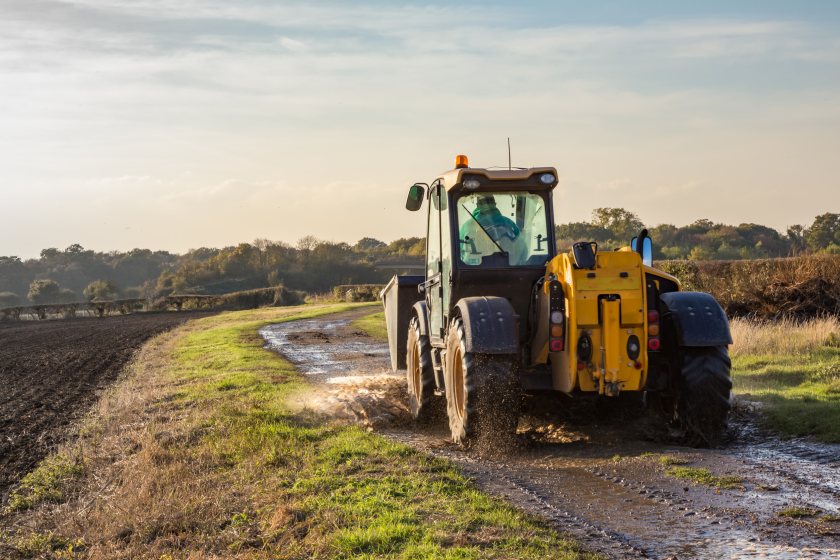
The majority of consumers in 18 European countries, including the UK, say they trust farmers more than they trust retailers and manufacturers.
The EIT Food Trust report, now in its seventh year, aims to assess the level of trust that Europeans have in their food and farming systems.
While two thirds (67%) have trust in farmers - the same proportion as in 2020 - trust in retailers, manufacturers and food safety authorities remains limited.
Half (51%) and (47%) trust retailers and manufacturers respectively, compared to 53% and 46% in 2020, while an even lower proportion (46%) trust food safety authorities.
Nearly 20,000 consumers were surveyed across 18 European countries, including major agricultural nations such as the UK, Germany, France and Italy.
For the first time, the study asked respondents to name specific food systems actors they either trusted or didn’t trust, and why.
The study found that when farmers are trusted, it is due to their perceived integrity and transparency, whilst manufacturers and retailers are trusted for their perceived legacy, reputation and ethics.
When trust in farmers, manufacturers, or retailers is questioned, consumers cite concerns such as sustainability, animal welfare, and the perception of profit being prioritised over quality.
Addressing these concerns presents a significant opportunity to rebuild trust and align with consumer values, the report's authors said.
When it comes to regulators, national food standards agencies are frequently trusted for their perceived high standards and commitment to acting in the public interest.
Consumers indicated a desire for clearer communication from government agencies that they have consumer interests at heart.
The report also reveals a distinct disconnect between consumers and sources of information and knowledge about food.
Less than half (45%) say they can distinguish between reliable and unreliable information about food, with a similar number (48%) confident that they know where to find reliable information about food.
And less than half (46%) say they have sufficient knowledge about the sustainability of food.
Klaus Grunert, Professor of Marketing at Aarhus University, said trust was essential in building a more equitable and sustainable food system.
He said: “It’s clear from our findings that actors across the food value chain - from manufacturers and retailers to regulatory authorities - have a lot of work to do to build trust with consumers.
"All actors owe it to the public to provide transparent and accurate information about healthy and sustainable diets, to allow consumers to make informed decisions about the food they eat.”
Consumers were surveyed in Belgium, Czechia, Denmark, Finland, France, Germany, Greece, Ireland, Italy, the Netherlands, Poland, Portugal, Romania, Spain, Switzerland, Turkey, Israel and the UK.
